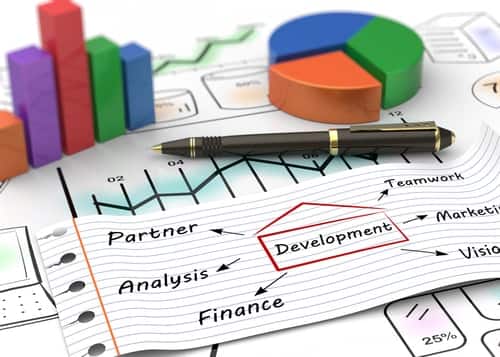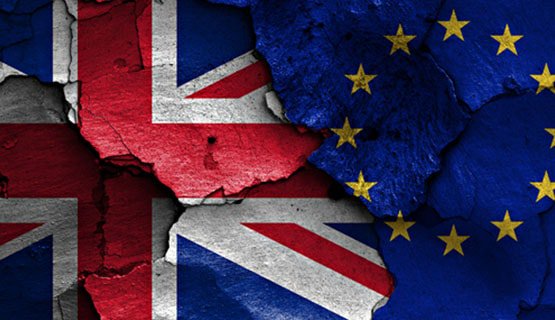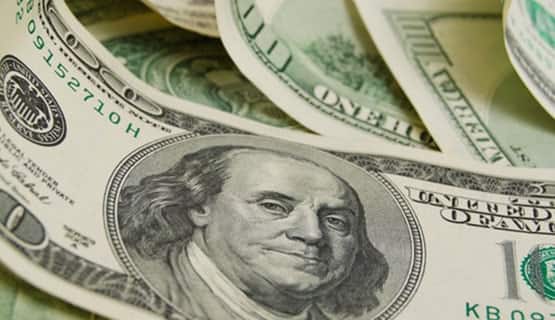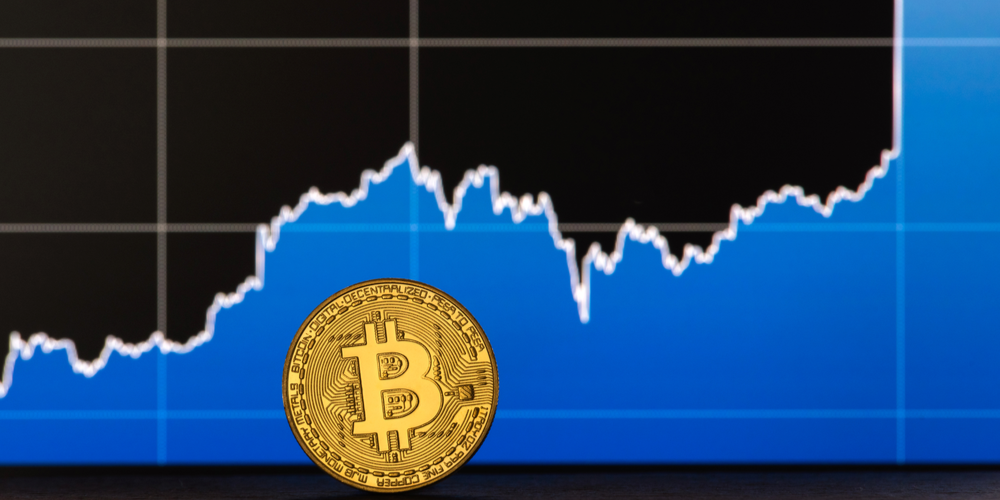Financial market research and analysis
Our analysts have their fingers on the pulse of the world's financial market news.
CFD trading is high risk and may not be suitable for everyone.

27 Sep 2017
By Ipek Ozkardeskaya
Japan snap election to boost Abenomics

Abenomics
PM Abe had launched the very well-known Abenomics when he came to power in December 2012. Abenomics consisted of three arrows:
1. Massive monetary stimulus
2. Fiscal consolidation
3. Structural reforms
The goal of the three-arrow strategy was to boost the economic growth in Japan and help the country out of a decade-long deflation. The Bank of Japan was given the hard task to push the inflation toward the 2% target.
The massive monetary stimulus, which is also referred to as the Quantitative and Qualitative Easing (QQE) helped depreciating the yen significantly. The USDJPY surged from below 80 to above 125 by mid-2015. On traded weighted basis, the yen depreciated by more than 35%.
Cheaper yen started to have a positive impact on inflation. The consumer price index, excluding fresh food, surged from zero percent to 3.4% year-on-year by mid-2014.
Failure to implement second and third arrow
Unfortunately, the second and the third arrow of Abenomics have encountered many obstacles. The fiscal consolidation involved the increase of the sales taxes from 5% to 8% then to 10%.
In April 2014, Japan raised sales tax from 5% to 8% for the first time in seventeen years. At first, higher taxes had a positive impact on inflation. The inflation ex-fresh food reached the peak of 3.4% in May 2014. However, higher prices weighed on consumer demand in the months following the tax rise and the inflation fell toward zero percent by August 2014, and even below. Japanese consumer was not ready for higher taxes and the idea of increasing sales tax to 10% had to be abandoned until a further notice.
Regarding the third arrow, little progress has been made. The demographic evolution continues playing against Japan. The Japanese population is aging. Young generation suffers from heavy work-load and decreasing social and family life. As a result, Japan’s population decreased by a million over the past five years. The situation is alarming.
Abe’s energy boost plans
In the aftermath of nearly five years of Abenomics, we could say that the three-arrow action has been brought down to a one-dimensional strategy: a massive monetary easing.
Hence, Shinzo Abe plans to rectify his policy. His plans to boost the economic recovery involve a 2 trillion-yen worth economic package including education and child care, in expense of the fiscal consolidation. This solution could be considered as being part of the third arrow, yet in detriment of the second arrow.
Mr. Abe will also push for higher long-term JGB rates, which should encourage the Bank of Japan (BoJ) to maintain its bond purchases program in place for longer. Although the BoJ encountered severe issues due to the scarcity in the sovereign bond market that resulted after the heavy balance sheet expansion since 2012, the bank has abandoned the idea of buying a fixed quantity on monthly basis and opted for a yield curve control strategy. In this context, the program could be prolonged with less disruption from an eventual counter-speculation from the market.
Though it is worth noting that the BoJ’s balance sheet expanded from 30% of GDP to a record 94.5% of GDP, which is already alarming and could limit the monetary boost possibilities.
Monetary and fiscal boost hint at further yen depreciation
Hence, the combination of simultaneously looser monetary and fiscal policies should clearly increase the selling pressure in the yen and encourage the yen toward the 115.00/120.00 against the US dollar. The US Federal Reserve’s (Fed) hawkish bias and policy normalisation should give an additional positive spin to the USDJPY.
Although the European Central Bank’s (ECB) policy normalisation plans remain unclear, there is a clear divergence between the ECB, which prepares to unwind its Quantitative Easing (QE) program gradually and the BoJ, which will likely remain on track for further balance sheet expansion, if Mr. Abe renews his mandate. The recent opinion polls hint that he could indeed come out stronger after the election.
As a result, the EURJPY could resume its climb toward the 140.00 level, last seen mid-2015, assuming that the EURUSD will likely end the year within the 1.16/1.21 range.
One last thing, the fiscal consolidation
As discussed above, the Abenomics’ first and the third arrows will likely be the major focus in PM Abe’s election campaign, given that the fiscal consolidation is much less appealing to voters.
However, Japan needs to finance the costly monetary and fiscal intervention programs sooner or later.
Japan’s debt in percentage of GDP rose from 191.8% to 250.4% between 2008 and 2016.
PM Abe said that sales tax will increase from 8% to 10% on October 2019. We remind that the first attempt to increase sales tax from 5% to 8% had a heavy negative impact on Abenomics and a second failed attempt could increase the risks of insolvency for Japan and speculation of a sovereign rating downgrade.
The information and comments provided herein under no circumstances are to be considered an offer or solicitation to invest and nothing herein should be construed as investment advice. The information provided is believed to be accurate at the date the information is produced. Losses can exceed deposits.
 Change Language ▼
Change Language ▼








